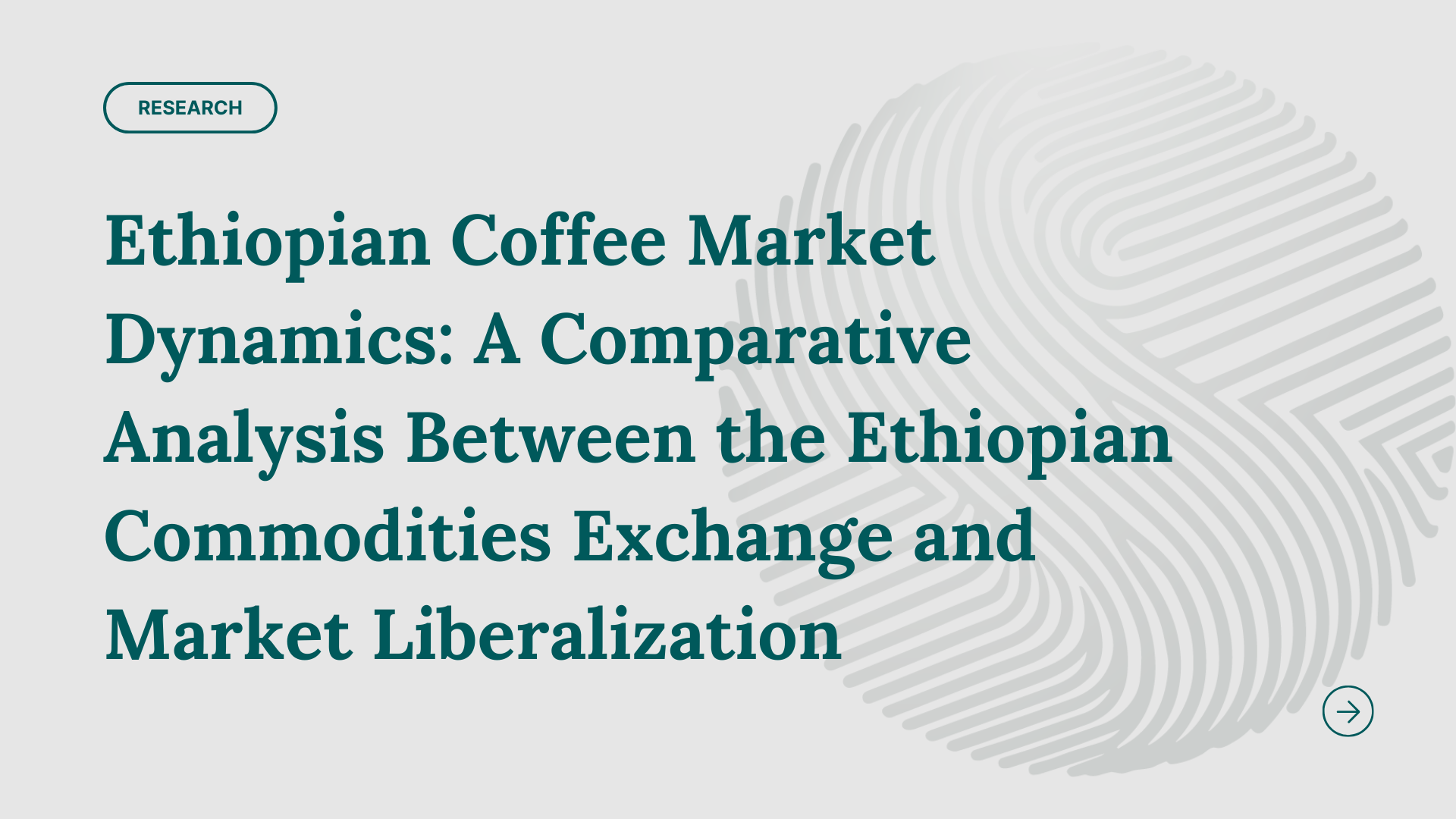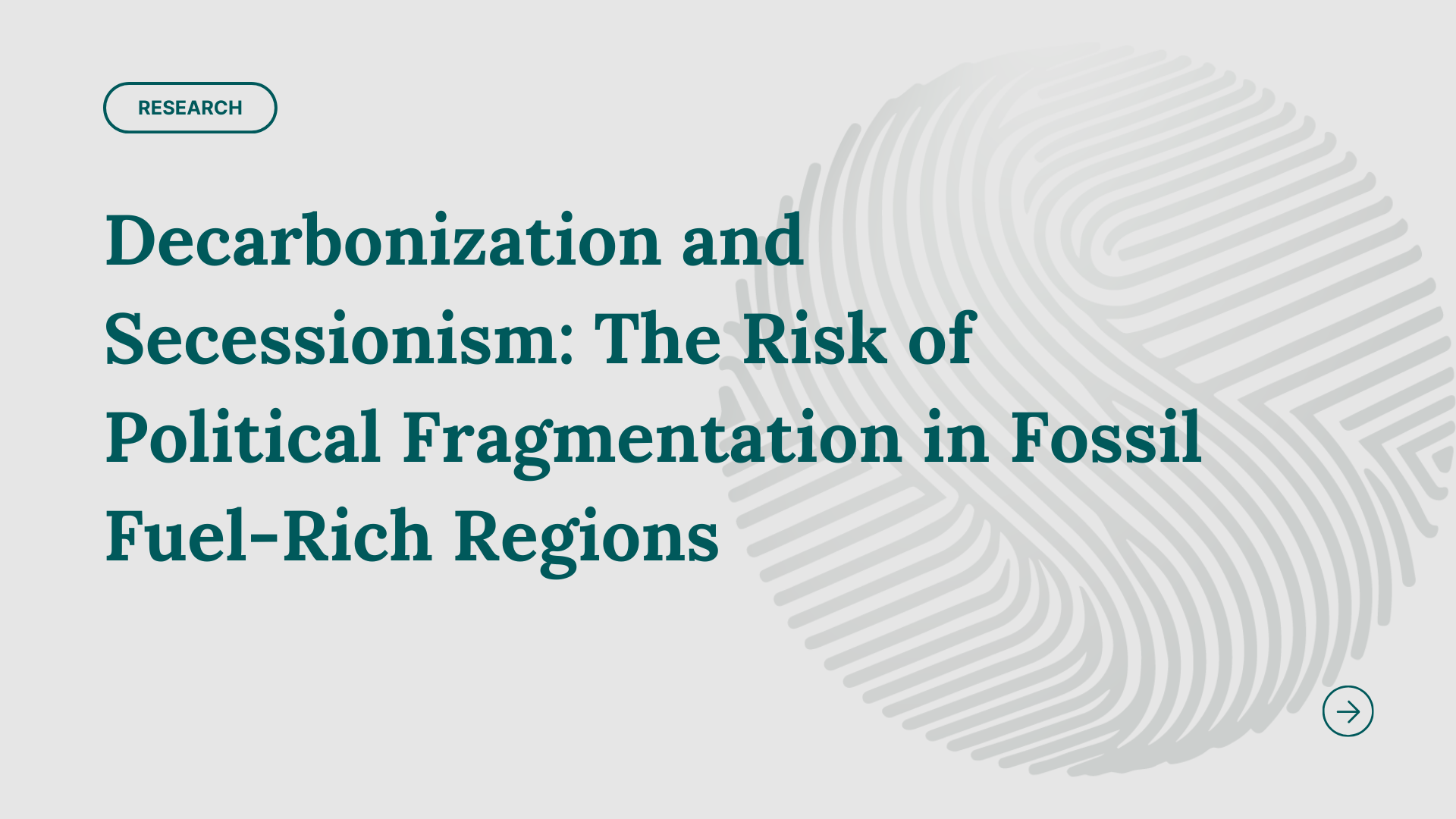Abstract
Ethiopia’s coffee sector, a cornerstone of the nation’s economy and cultural identity, has undergone significant transformations in its market structure and regulatory framework. This study examines the impact of two major market reforms: the establishment of the Ethiopian Commodity Exchange (ECX) in 2008 and the subsequent market liberalization policies introduced in 2017. Using a comparative analysis of market performance across these regulatory periods, the research evaluates the effects of centralized coordination versus market liberalization on price transmission, market access, export volumes, and quality differentiation. The findings highlight the trade-offs between regulatory oversight and market flexibility, revealing that while the ECX improved transaction efficiency, it also constrained traceability and premium pricing opportunities for specialty coffee. Conversely, market liberalization facilitated direct trade, enhancing quality incentives and export revenues but also introducing challenges such as price undercutting and regulatory enforcement. Through a mixed-methods approach incorporating quantitative trade data and qualitative stakeholder insights, this study provides a nuanced understanding of Ethiopia’s evolving coffee market and offers policy recommendations for optimizing regulatory frameworks in agricultural value chains.
This is a working paper by the Stratum Institute for Global Action. Interested in contributing? Contact us!


